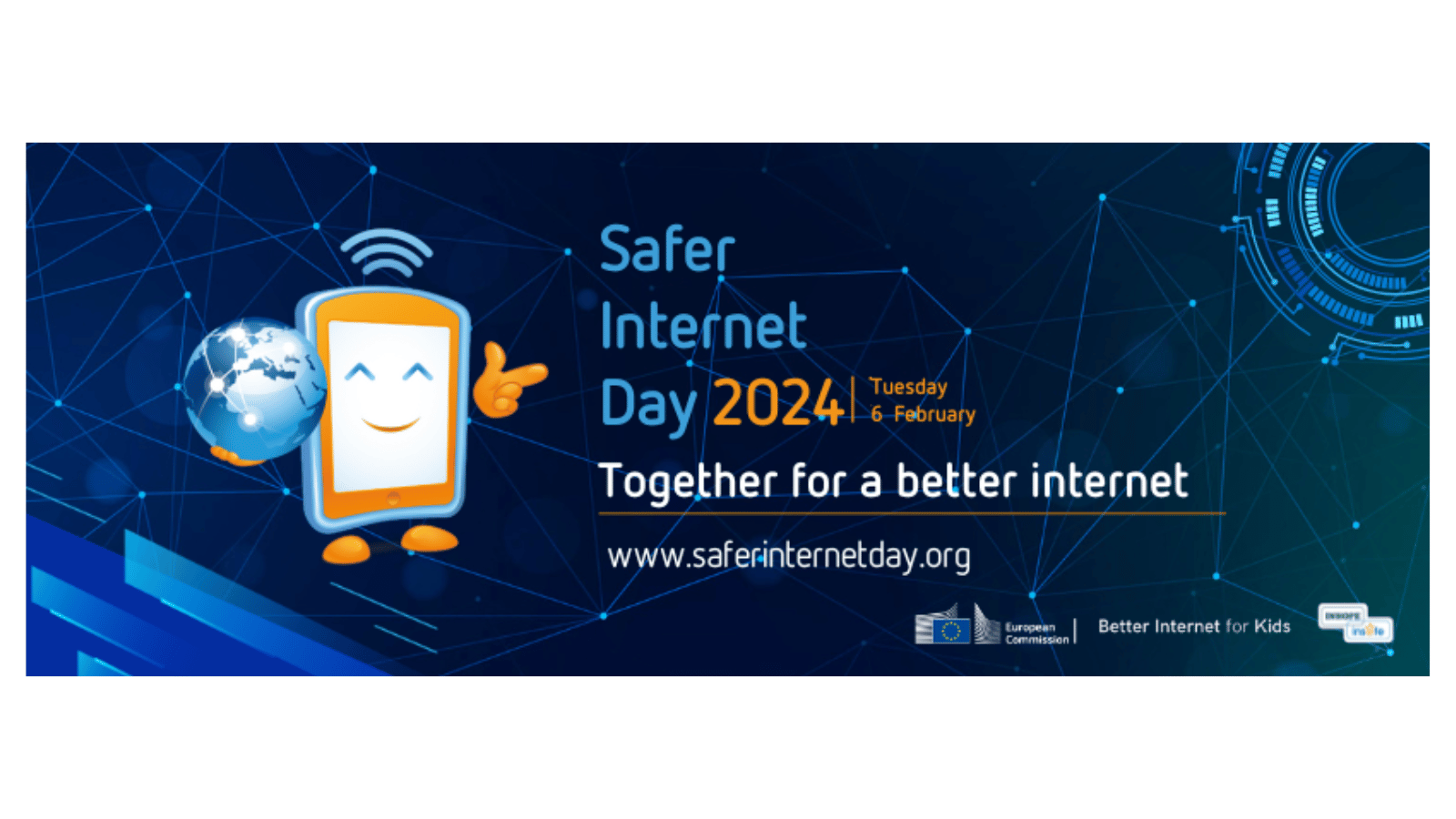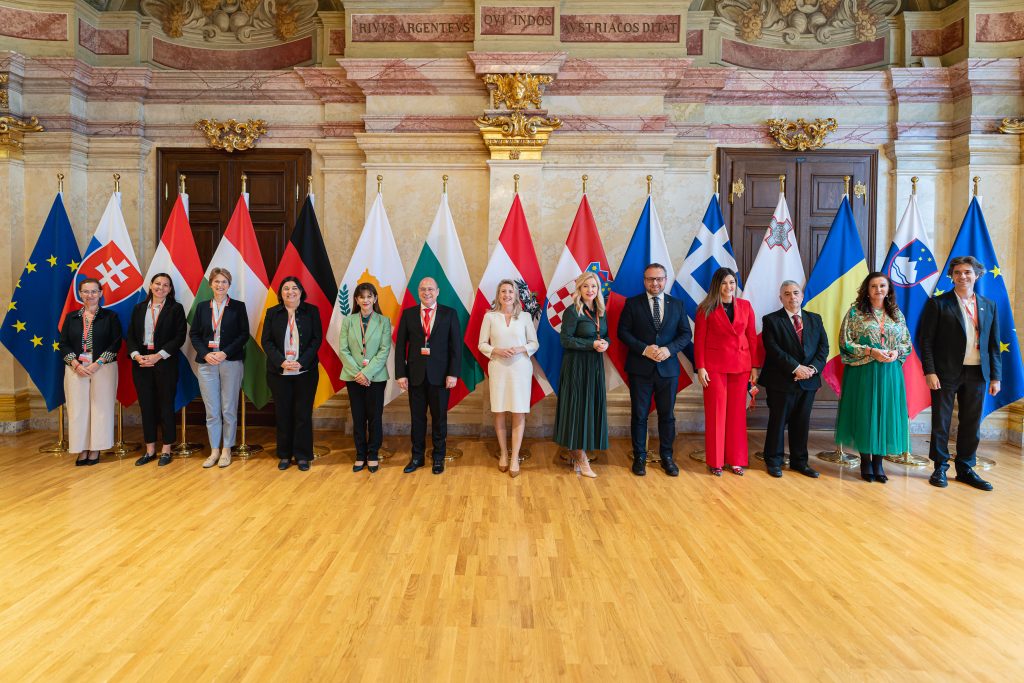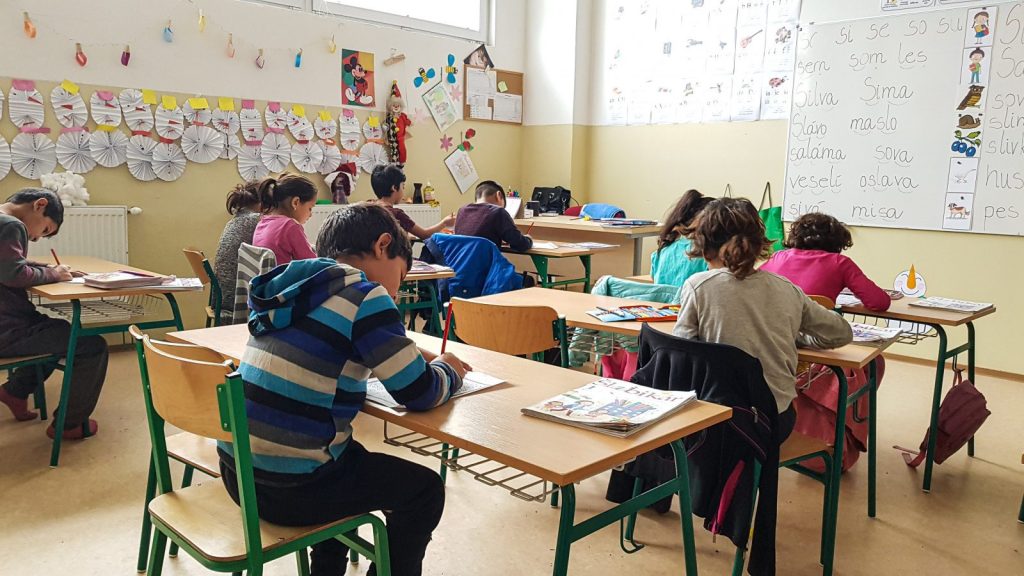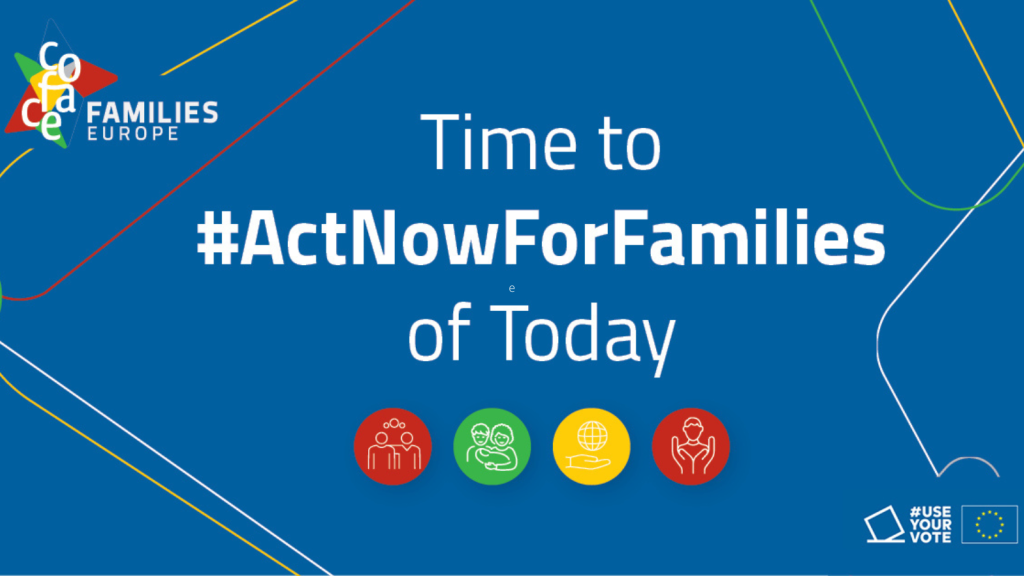Media release
Brussels, 6th February 2024
On this Safer Internet Day 2024, COFACE urges EU stakeholders to extend the temporary ePrivacy Derogation by at least two years, but with the main focus on adopting a long-term framework on preventing and combatting online child sexual abuse. Policy makers and technology companies must play their part to keep children safe online and not leave the burden on children and their families.
The ways families engage with digital technologies are complex and have varying effects. On the one hand, digital technologies offer unique opportunities for all family members. On the other hand, children – and adults – face online risks and challenges, such as online child sexual abuse. These risks have a major impact on a child’s safety and mental and physical wellbeing.
A holistic response is needed to tackle the ever-evolving crime of child sexual abuse. Awareness-raising and education of parents and carers can help engage with children about online behaviours, and how to recognise certain risks. However, more needs to be done. Survivors of child sexual abuse and their families need to receive the right support, and effective measures should be taken to prevent abuse of children happening in the first place. EU policy-makers need to regulate online spaces with the best interests of all children in mind and tech companies must create digital services and products that by design protect and promote children’s rights.
On the 11th of May 2022, the European Commission released a proposed Regulation laying down rules to prevent and combat child sexual abuse (CSAR), together with a New Strategy for a Better Internet for Kids. The new Regulation would put obligations on online service providers to prevent, detect, report, and remove online child sexual abuse material (CSAM) online. This Regulation would replace the temporary framework currently in force, referred to as the ePrivacy Derogation, which however is only applicable until the 3rd August 2024.
As the current EU mandate of this temporary framework comes to an end and with the EU elections in sight in June 2024, COFACE recently signed a joint statement together with over 50 tech trade associations and civil society organisations calling on the EU to take immediate and effective measures to ensure child safety online. The signatories express concerns about the lack of progress in the negotiations around the CSAR proposal. The absence of a temporary framework, such as the temporary ePrivacy Derogation, would create a legal gap for interpersonal communications service providers to continue detecting, reporting, and removing online CSAM. Therefore, signatories argue that an extension of at least two years of the temporary framework, or until the new permanent framework is in force, is necessary. Nevertheless, the primary focus remains adopting a long-term framework that is effective in preventing and combatting online child sexual abuse and that is compatible with the right to privacy and other human rights.
On the 8th of May 2024, the COFACE network will meet in Zagreb, Croatia, to take stock of these EU developments and to organise a European Study Seminar on tackling and preventing child abuse in the digital environment. The seminar will be organised with Step by Step Parents’ Association to learn about its activities as a Regional Training Centre in Croatia for the Child Assault Prevention (CAP) programme. The organisation trains CAP facilitators to equip children with effective prevention strategies to reduce their vulnerability and exposure to various forms of violence. The aim of the study seminar will be to learn more about this CAP programme in Croatia, exchange ideas with practitioners from other countries working to prevent child abuse, assess together how to upgrade programmes to prevent child abuse online, and finally to build partnerships between family organisations and safer internet centres and hotlines in the EU.
//ENDS
Notes to the editor:
Further information about COFACE work to build a safer internet can be found at the links below.
Brave Movement Opinion Piece for COFACE (2023)
COFACE Digitalisation principles (2018)
COFACE Child Compass (2020)
European Child Sexual Abuse Legislation Advocacy Group (ECLAG)
Better Internet for Kids – BIK Portal
For more information, please contact Bettina Guigui, Senior Communication Officer bguigui@coface-eu.org.





